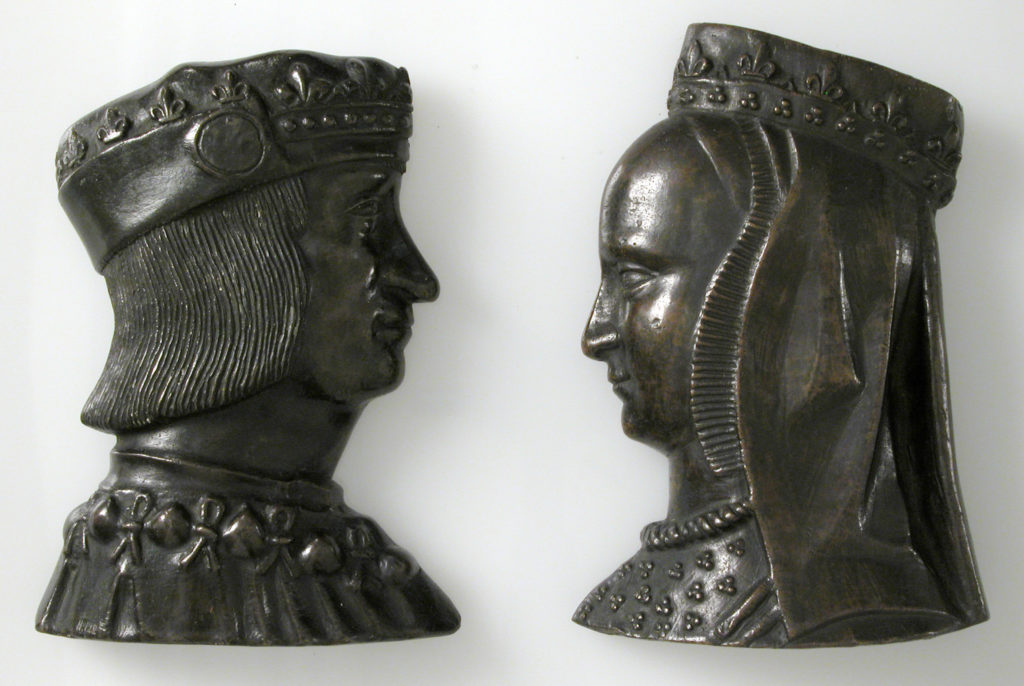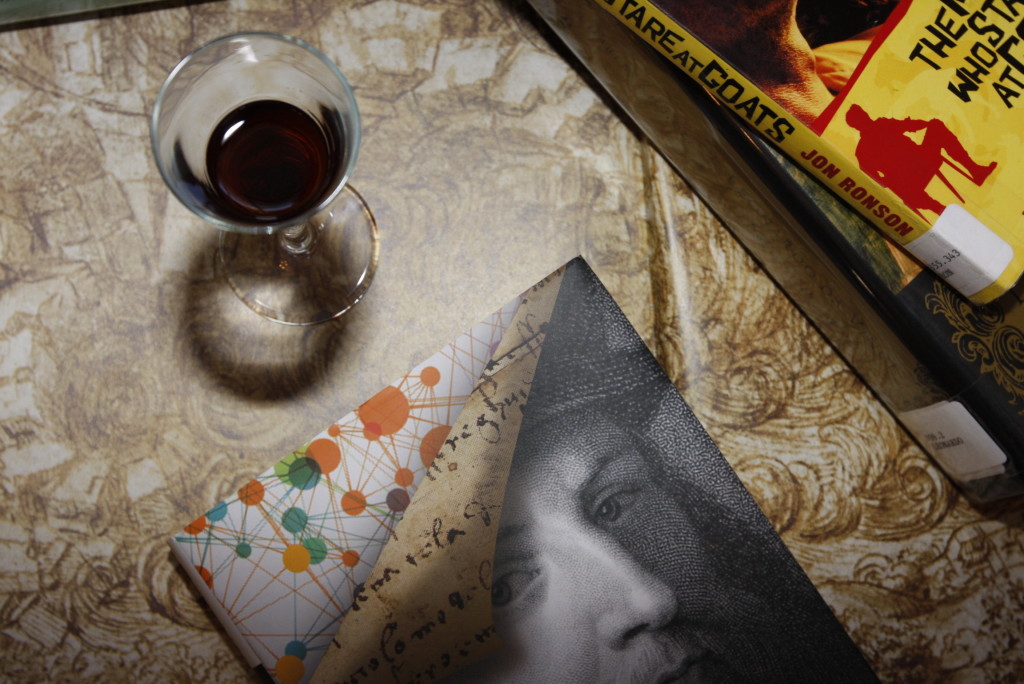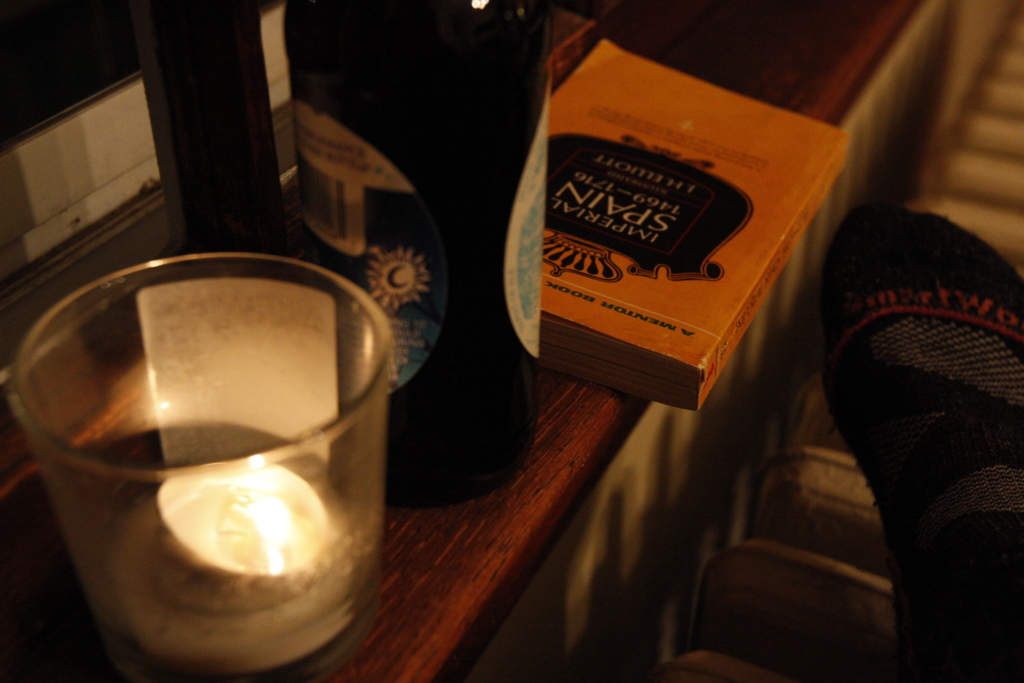Have a drink with: Anne of Brittany
Iron will, heart of gold, death before dishonor
Ask her about: Being an early modern #girlboss
For Women’s History Month in March, we’re diving into conversation with Rozsa Gaston, the author of a four-book series of historical fiction on Anne of Brittany, the only woman to be twice crowned Queen of France (married to Charles VIII and then to his successor Louis XII). Ruling at the dawn of the Renaissance, Anne was quite a character: wealthy, self-assured and strong-willed, she was devoted to the integrity and independence of her beloved Brittany, then an independent duchy in the northwest region of modern France.
Rosza is here to answer some questions about Anne, what it is like to imagine her life in detail, and what we might learn if we sat for drinks with her today.


